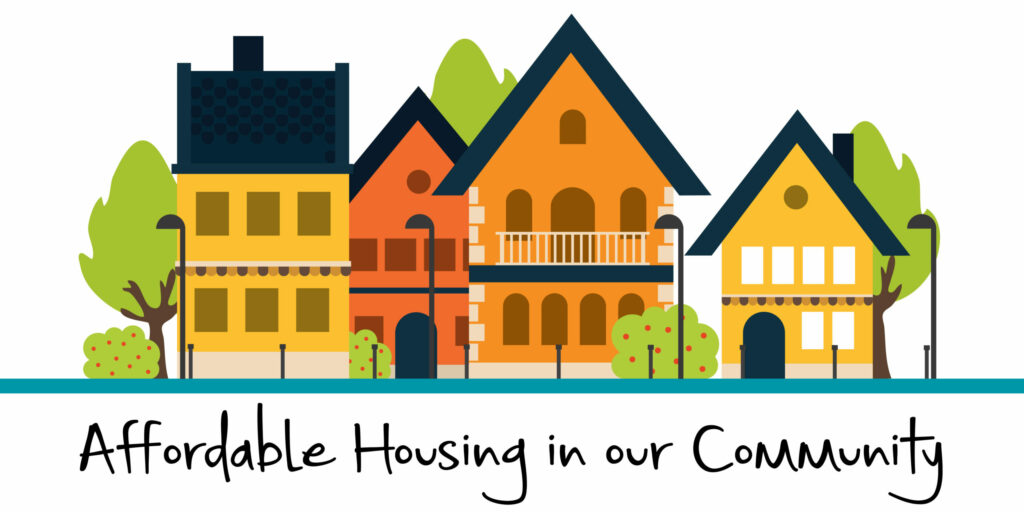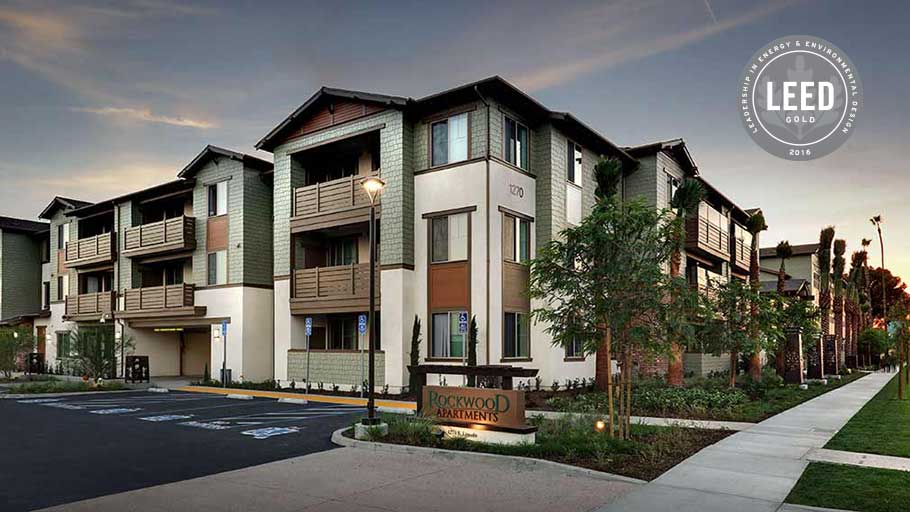Affordable Homeownership: Finding the Path to Your Dream Home
Affordable Homeownership: Finding the Path to Your Dream Home
Blog Article
Budget-friendly Homeownership Options for First-Time Homebuyers
As the housing market continues to develop, new buyers encounter unique difficulties in protecting affordable homeownership alternatives. Various sources, consisting of entitlement program programs, low-down-payment home loans, and targeted grants, have emerged to reduce economic stress. These efforts not only facilitate homeownership yet likewise foster area stability and economic development. Navigating these alternatives can be complicated, and understanding which pathways are most useful requires mindful factor to consider. What approaches can possible house owners use to maximize their opportunities in this landscape?
Government Help Programs
Government assistance programs play a crucial function in making homeownership possible for many individuals and households. These programs intend to minimize the financial worry connected with acquiring a home, particularly for newbie buyers. By providing financial assistance, grants, and tax obligation rewards, federal government efforts assist bridge the void in between increasing real estate costs and the buying power of possible home owners.
Different programs are available at the federal, state, and regional degrees. For instance, the Federal Housing Management (FHA) offers insurance policy on car loans, allowing lenders to use more positive terms, such as lower down payments and decreased rates of interest. Additionally, state and regional federal governments commonly have their own efforts, which may include down settlement assistance programs, homebuyer education and learning training courses, and desirable home mortgage terms.
These programs are designed to resolve the one-of-a-kind challenges encountered by reduced- to moderate-income families, including restricted cost savings and credit rating. By fostering a setting where homeownership is a lot more easily accessible, government assistance programs not only sustain private aspirations yet likewise contribute to community stability and financial growth. Recognizing and utilizing these resources can significantly enhance the potential customers of effective homeownership.
Low-Down-Payment Mortgages
For numerous ambitious house owners, low-down-payment home loans offer a sensible pathway to homeownership, specifically in today's difficult real estate market. These home loan alternatives usually require deposits ranging from 3% to 5%, making it less complicated for newbie purchasers to get in the market without the concern of conserving for a considerable deposit.
Numerous lenders supply low-down-payment programs, consisting of standard financings backed by Fannie Mae and Freddie Mac, in addition to government-backed alternatives like FHA car loans. These mortgages are created to suit individuals with limited financial savings while still providing affordable rates of interest. Significantly, they permit buyers to preserve more cash for other necessary expenditures, such as moving expenses, home inspections, and prospective restorations.
Nonetheless, prospective homeowners must bear in mind the trade-offs related to low-down-payment mortgages. A smaller deposit may lead to greater monthly settlements and the necessity of exclusive home mortgage insurance coverage (PMI), which secures loan providers in situation of default. It is important for novice buyers to conduct extensive research study and consult with mortgage professionals, guaranteeing they choose a low-down-payment choice that aligns with their lasting financial objectives.
First-Time Buyer Grants
Several new property buyers discover that grants can significantly alleviate the financial worry of purchasing a home, enhancing low-down-payment home loan alternatives. These grants, often supplied by state and regional governments or charitable organizations, use financial help that does not require payment, making them an eye-catching choice for those entering the housing market.
Qualification for novice buyer grants usually depends on income, credit reliability, and the acquisition price of the home. Several programs are developed to aid reduced- to moderate-income households, making certain that assistance gets to those that need it most. The application process usually involves documentation of monetary status, buyer education and learning courses, and occasionally even a dedication to remain in the home for a specific period.
The quantity of help varies widely, with some grants offering a number of thousand bucks to help cover closing costs or deposits. Investigating readily available gives in your area is essential, as programs often change and may have details needs. By leveraging these funds, novice property buyers can make homeownership extra obtainable, inevitably attaining their desire for having a home while minimizing the first financial stress.
Innovative Community Initiatives
Innovative community initiatives are playing an important duty in broadening budget friendly homeownership alternatives for residents. These initiatives commonly include joint initiatives between city governments, charitable organizations, and exclusive field stakeholders to develop sustainable real estate remedies tailored to neighborhood requirements.
One noteworthy method is the facility of neighborhood land these details trusts (CLTs), which allow homeowners to purchase homes while the land continues to be owned by the trust. This design aids preserve price with time and protects against speculative price rises. Furthermore, CLTs typically supply instructional sources and support services to encourage newbie property buyers.
An additional efficient effort is the advancement of mixed-income real estate jobs, which mix inexpensive units with market-rate homes. This strategy promotes inclusive communities and reduces the preconception frequently connected with low-income real estate. Regional federal visit this website governments are increasingly sustaining zoning reforms to assist in the building of accessory dwelling systems (ADUs), which can provide extra rental earnings for home owners while enhancing real estate accessibility.

Tips for Budgeting and Saving

Next, develop a devoted financial savings account specifically for your future home purchase. Goal to conserve a percentage of your earnings continually, preferably 20% or more, to develop a significant down payment. Utilize automation tools, such as direct down payment or automated transfers, to make saving much easier and a lot more constant.
In addition, consider embracing the 50/30/20 rule: allot 50% of your revenue to requirements, 30% to desires, and 20% to savings and financial debt repayment - Affordable Homeownership. This method promotes balanced financial health and wellness

Verdict
In summary, budget-friendly homeownership alternatives for newbie property buyers encompass various sources such as government help programs, low-down-payment home mortgages, and gives. By leveraging these financial devices, people can browse the complexities of homeownership, eventually contributing to an extra fair housing landscape.
As the housing market proceeds to evolve, newbie property buyers deal with one-of-a-kind obstacles in safeguarding cost effective homeownership alternatives. By promoting a setting where homeownership is extra easily accessible, federal government aid programs not just support private desires however also add to neighborhood security and financial growth. By leveraging these economic resources, the original source first-time property buyers can make homeownership much more available, eventually attaining their dream of possessing a home while minimizing the initial economic strain.
In summary, budget friendly homeownership alternatives for first-time property buyers include numerous resources such as government help programs, low-down-payment mortgages, and grants. By leveraging these economic devices, individuals can navigate the intricacies of homeownership, eventually contributing to a much more equitable housing landscape.
Report this page